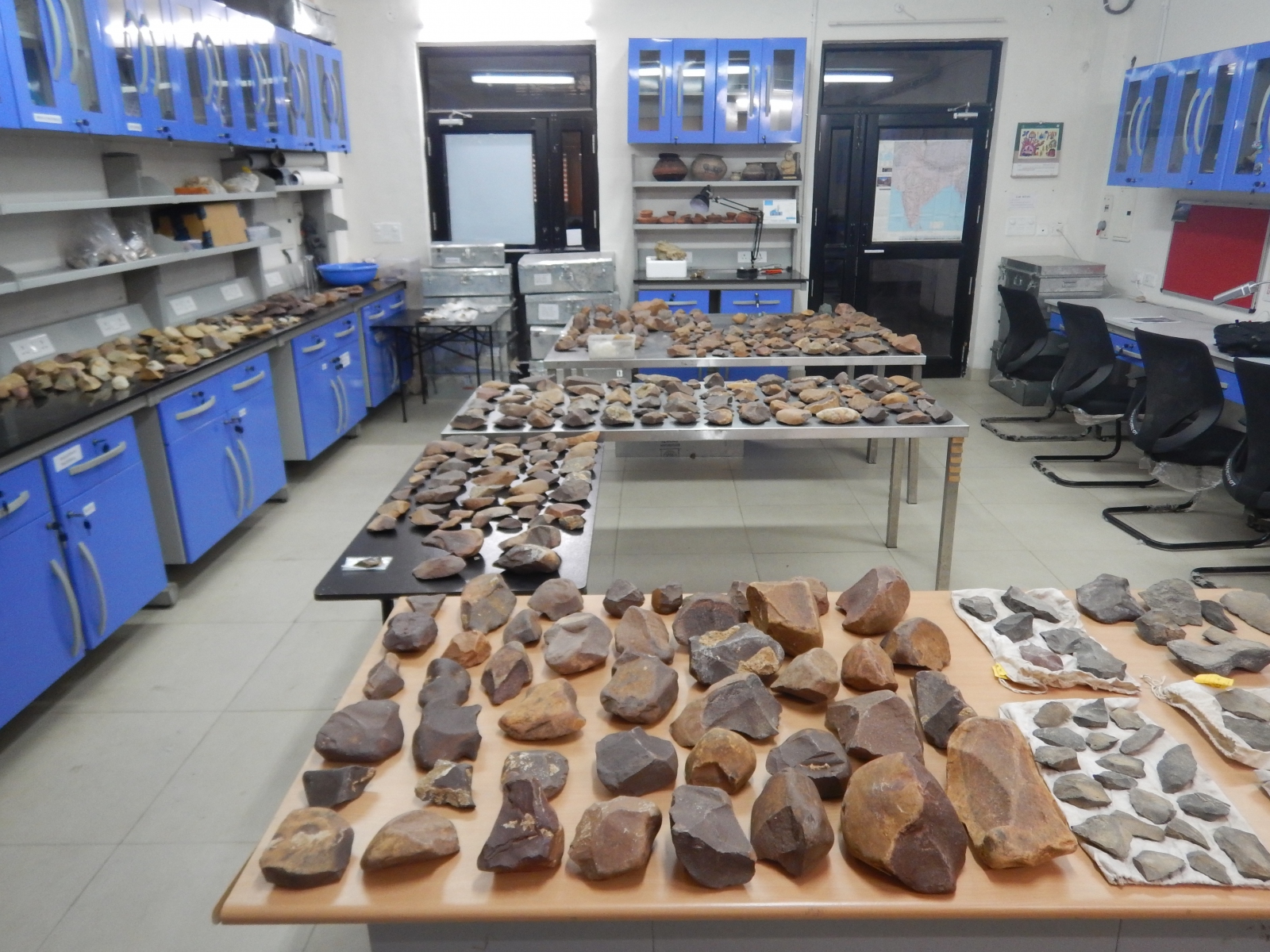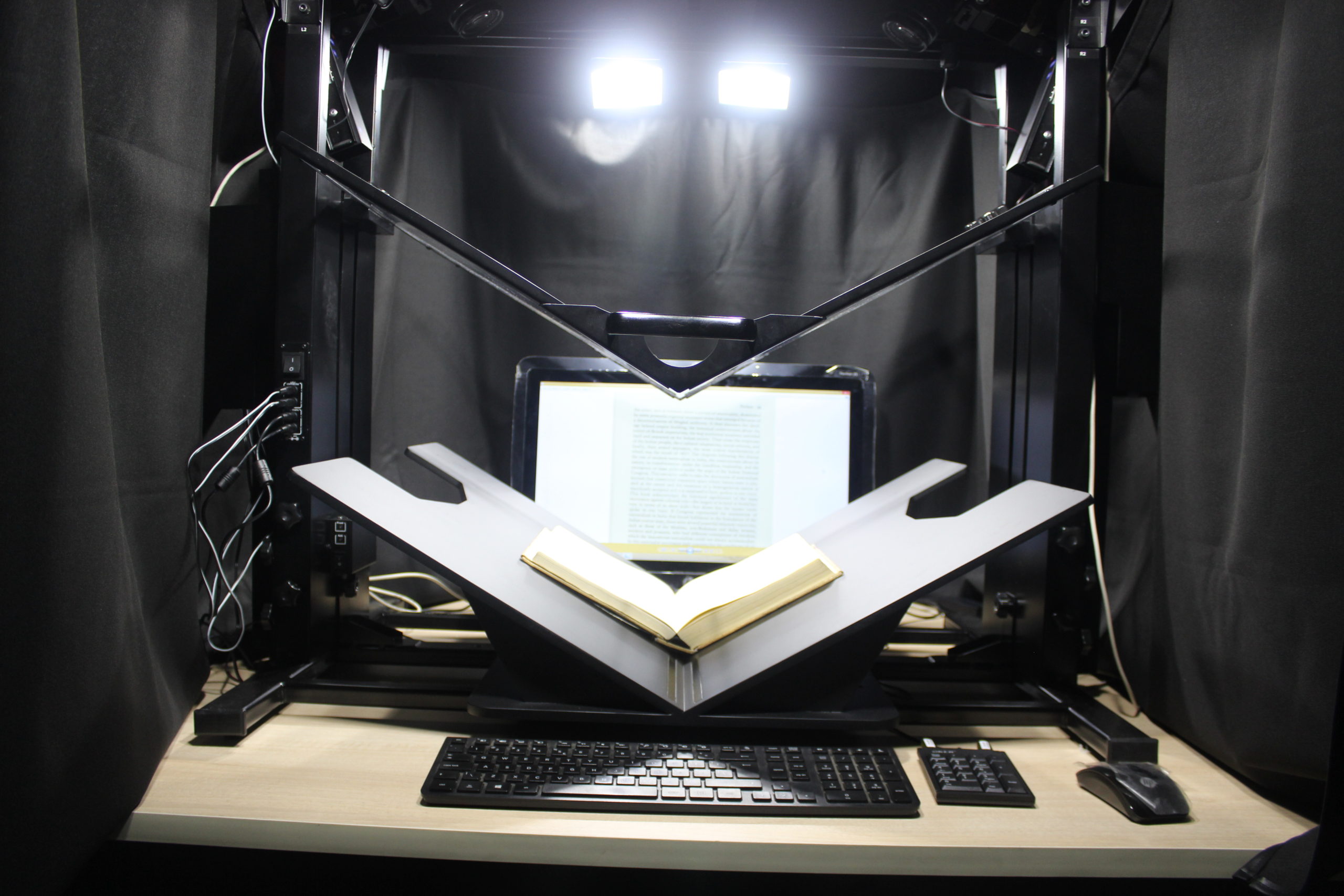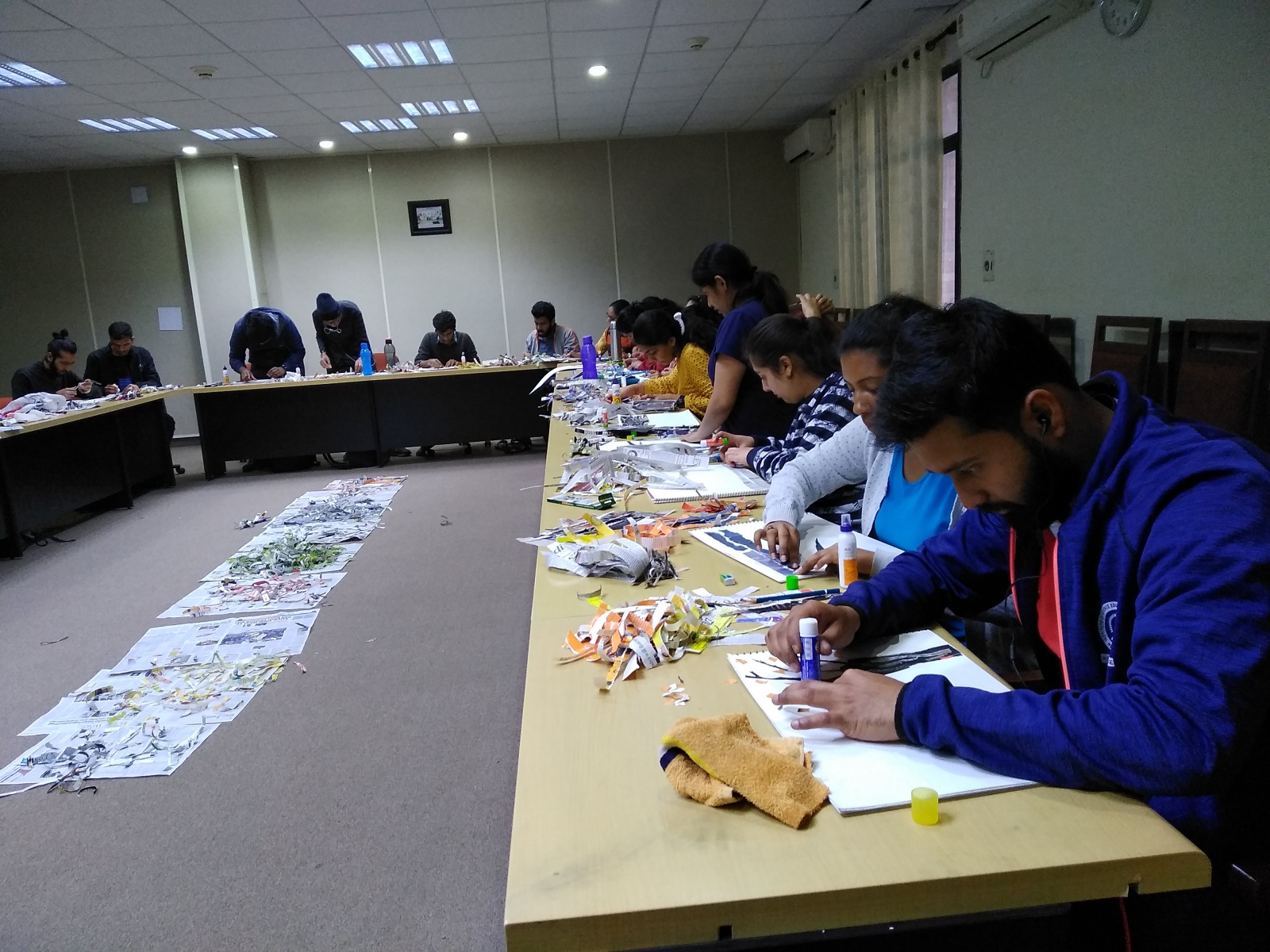Research Overview
The Department of Humanities and Social Sciences (HSS) is committed to vibrant teaching and research culture. Other than offering four core courses in the first two years of BS-MS curriculum, the faculty in the Department have designed so far 46 open elective courses that are both disciplinary and interdisciplinary in nature representing and cutting across disciplines in Humanities and Social Sciences. These elective courses are offered to students pursuing BS-MS degree between their third and fifth years and PhD research scholars of the Department as part of their course work requirements. Besides committing to critical pedagogy, the faculty in the Department undertake vibrant and original research on themes ranging from feminist theory, urban and labour geography, the emerging area of critical infrastructure studies, urban history, contemporary history, political economy, state and democracy studies, infrastructure Studies, applied labour economics, development economics, informal economy, organisational economics, new institutional economics, public economics and policy studies, post-war American fiction, science-in-theatre, film studies, intellectual history, literary historiography, South Asian literary cultures, philosophy of science, analytical philosophy, Indian philosophy from analytic perspective, Indian prehistory, stone tools, vertebrate palaeontology, rock art studies and palaeoanthropology. The Department encourages PhD and Postdoctoral research in the areas of Sociology, Anthropology, Modern Indian History, Urban History, Political Economy, Urban Studies, English Literature, Development Studies, South Asian Studies, Economics, Labour Studies, Public Policy Studies, Feminist Geography, Labour Geography and Critical Infrastructure Studies, paleoanthropology, rock art studies and Indian prehistory.
Research Areas
Feminist theory, urban and labour geography, critical infrastructure studies, urban history, contemporary history, political economy, state and democracy studies, infrastructure Studies, applied labour economics, development economics, informal economy, organisational economics, new institutional economics, public economics and policy studies, post-war American fiction, science-in-theatre, film studies, intellectual history, literary historiography, South Asian literary cultures, philosophy of science, analytical philosophy, Indian philosophy from analytic perspective, Indian prehistory, stone tools, vertebrate palaeontology, rock art studies and palaeoanthropology.
Research Facilities
1. Archaeology and Paleoanthropology lab

The Palaeoanthropology & Archaeology lab at IISER Mohali is headed by Parth R. Chauhan and is dedicated to multidisciplinary research to understand our various past histories and adaptations across India. Lab members variably include doctoral students, postdoctoral researchers, project assistants, BSc-MSc 5th year project students, summer project students and numerous external field interns and volunteers. Our main thrust is on the prehistoric period and current projects are taking place in Madhya Pradesh, Uttar Pradesh, Punjab, Rajasthan, Maharashtra and the Andaman & Nicobar Islands. Our lab has also been involved in archaeological excavation of a cave in Sri Lanka and palaeoanthropological surveys in Sudan, eastern Africa to look at regional and Out-of-Africa dispersal signatures. Our main focus is on stone tools, vertebrate fossils and rock art of various ages. Research topics and associated sub-topics include the study of Palaeolithic & Mesolithic stone tools, extensive fieldwork including surveys and excavations, landscape geoarchaeology, human footprints, primate archaeology, GIS analyses, remote sensing, luminescence dating, experimental archaeology, stable isotope studies, geochemical and elemental analyses and related research methods. All of this work is being done through various Indian and international collaborations with various specialists and through generous financial support from several Indian and foreign agencies including IISER Mohali. For more images Click Here
2. Digital Archive / Resource Centre for Historical Studies

In order to facilitate research on themes related to the history of science and literature in India we are developing a digital archive / resource centre at the Department of Humanities and Social Sciences. The digital collections will range from the rare repository of documents related to the history of science in the modern period of Indian history. We have digitized the journal Science and Culture founded by scientist Meghnad Saha for the years 1946 to 1950. Collections of primary sources related to the history of progressive writers association in South India is underway. We have fairly good collection of documents from the states of Tamilnadu and Kerala. We aim to extend the collection from the states of Karnataka, Andhra and Telangana. Resources concerning the history of progressive literary movement in Punjab will also form part of our collections. Audio collections include oral interviews of select literary personalities from Tamilnadu. For more details related to the collection contact rajeshv@iisermohali.ac.in
3. Art Studio: Exploring spaces between art and science

The art studio is a space for the students to expose various materials and processes involved in art making – both 2D, 3D and multimedia. These could include drawing and sketching, working with clay and plaster, glass slumping and fusing, collages, printmaking, murals, paper and metal / bamboo sculptures and installation art. We have experimented with glass molding, chemical dying, and bronze casting using the lost-wax process. Through art they experiment with the light, sound, colors, space, form and texture. For more details related to the art studio contact anusabhlok@iisermohali.ac.in For more images Click Here
4. Language lab
The software based English Language Lab at IISER Mohali has as its objective the refinement of the student’s language skills necessary for effective communication. Currently housed in the Informatics Centre, our Language Lab can accommodate 60 students and has a master console for the instructor. Language Labs are primarily teacher-controlled system connected to a number of student booths equipped with headsets with microphones. Our English Language Lab offers a platform to students to help improve their reading skills, writing techniques, spoken language and listening comprehension.
